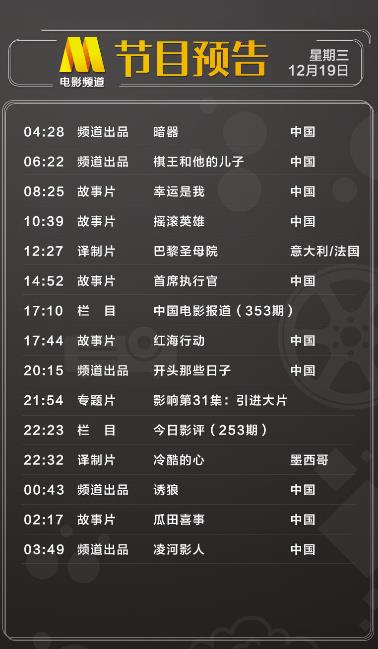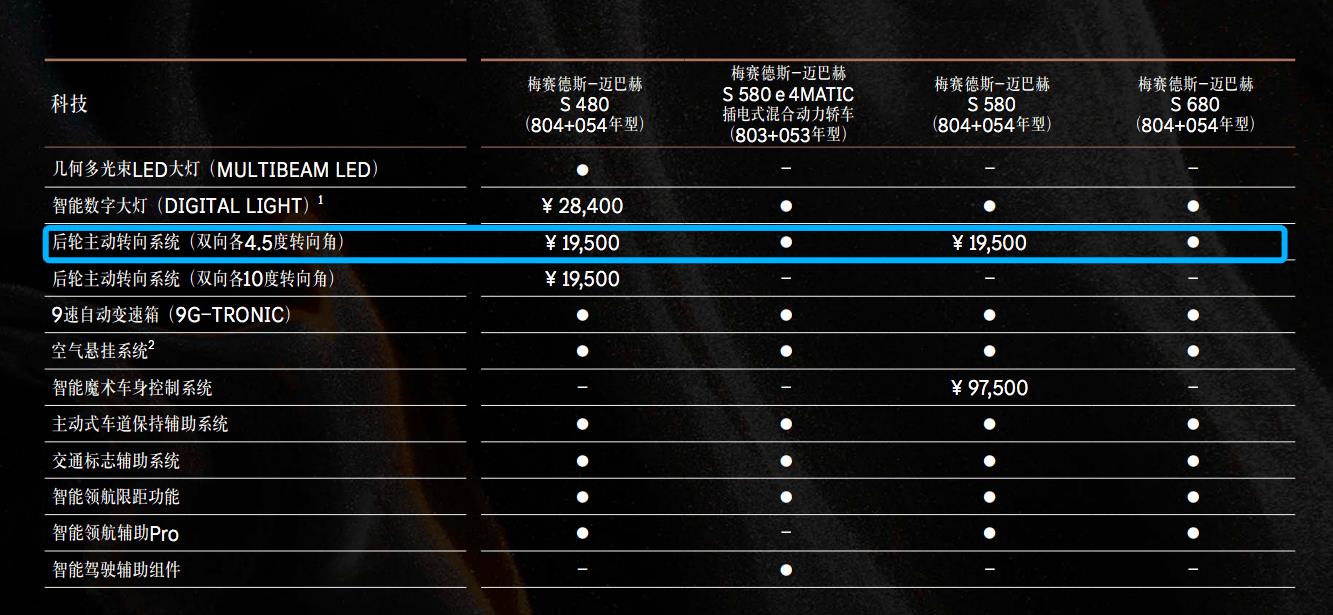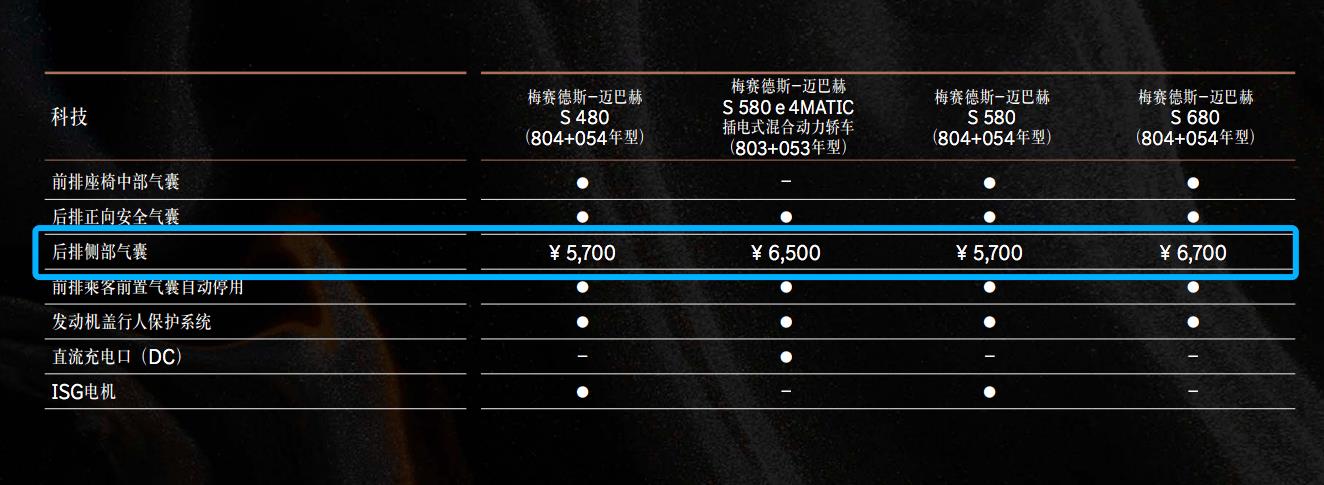Cctv news: The website of the General Administration of Market Supervision reported on March 17 that the General Administration of Market Supervision issued a notice on printing and distributing the Administrative Provisions on Supplementary Inspection Methods of Food. It is clearly stipulated that for foods that may be adulterated, supplementary food inspection methods can be formulated, and the scope of formulation should meet the following conditions at the same time: the inspection items and inspection methods specified in the existing food safety standards cannot be inspected; Failing to formulate a temporary inspection method for harmful substances in food; Failing to provide inspection methods for non-food chemicals and other substances that may endanger human health that have been found to be added or may be added to food.
Provisions on the administration of supplementary food inspection methods
Chapter I General Principles
Article 1 In order to standardize the formulation of supplementary food inspection methods, these Provisions are formulated in accordance with the Regulations for the Implementation of the Food Safety Law of People’s Republic of China (PRC).
Article 2 The formulation of supplementary food inspection methods shall be scientific, reliable, practical, operable and extendable.
Article 3 For foods that may be adulterated, supplementary food inspection methods may be formulated, and the scope of formulation shall meet the following conditions:
(1) The inspection items and methods specified in the existing food safety standards cannot be inspected;
(two) the temporary inspection method of harmful substances in food is not specified;
(3) Failing to specify the detection methods for non-food chemicals and other substances that may endanger human health that have been found to be added or may be added to food.
Article 4 Supplementary food inspection methods can be used for sampling inspection of food, investigation and handling of food safety cases and handling of food safety accidents.
Article 5 The General Administration of Market Supervision shall be responsible for the formulation of supplementary food inspection methods. The formulation of food supplementary inspection methods includes project establishment, drafting, submission and review, approval and release, follow-up evaluation and revision.
Article 6 The General Administration of Market Supervision shall organize the establishment of a food supplementary inspection method review committee (hereinafter referred to as the review committee), which shall have an expert group and an office. The expert group shall be composed of experts in food inspection-related fields, and shall be responsible for reviewing food supplementary inspection methods.
Chapter II Legislation
Article 7 The General Administration of Market Supervision may, by means of solicitation and entrustment, determine the project and drafting unit of supplementary food inspection methods in accordance with the principles of prioritizing and being scientific and feasible. When major problems are found in food safety supervision or in response to emergencies, supplementary food inspection methods can be urgently added.
Article 8 An applicant shall meet the following conditions:
(a) the technical level and organizational ability required for drafting supplementary food inspection methods;
(2) There is no conflict of interest in the field involved in the declared project;
(3) Being able to provide resources and guarantee conditions in terms of personnel, funds, scientific research, etc. required for the drafting of supplementary food inspection methods, and being able to complete relevant drafting tasks as required.
Article 9 The person in charge of a project shall meet the following conditions:
(1) Having high attainments and professional level in food safety and related fields, and being familiar with domestic and foreign food safety-related laws and regulations, food safety standards and supplementary food inspection methods;
(2) Working experience in drafting national food safety standards and supplementary food inspection methods is preferred.
Article 10 During the extension of the food supplementary inspection method project undertaken by the project leader, in principle, no new method project may be declared; In principle, the same drafting unit shall not declare more than three items in the same batch.
Eleventh in accordance with the requirements of the General Administration of Market Supervision, the applicant shall fill in the application for the establishment of food supplementary inspection methods and submit the relevant materials to the office of the review committee.
Article 12 The application materials for project approval shall include the food safety problems to be solved, the background and reasons for project approval, the applicable conditions, scope and main technical contents of the methods, the existing food safety risk monitoring data, the international similar methods and relevant domestic laws and regulations, the possible economic and social impacts and the preliminary work basis of the applicant.
Article 13 The review committee office collects the application materials for project initiation, organizes experts to conduct project initiation review, and recommends the project initiation and drafting unit according to the requirements of food safety supervision. When multiple units need to jointly undertake the project, the expert group shall recommend the lead unit and participating unit according to the application materials.
Article 14 The General Administration of Market Supervision may, according to the needs of work, solicit opinions from provincial market supervision departments and other relevant units on project establishment.
Chapter III Weeding
Article 15 The drafting unit shall be responsible for the formulation of supplementary food inspection methods, and the drafting unit shall be responsible for the scientificity, advancement, practicability and standardization of the methods. Encourage food inspection agencies, scientific research institutes, universities, social organizations and other units to jointly draft.
Article 16 When drafting the text of supplementary food inspection methods, the rules should be compiled with reference to the national food safety standards, including the scope of application, method principle, reagent instruments, analysis steps, calculation results, etc. The compilation instructions include relevant background, development process, basis of various technical parameters, verification in and between laboratories, etc.
If there is any content in the method text that needs to be coordinated with the national food safety standards and other supplementary food inspection methods, it should be clearly stated in the preparation instructions, and relevant materials should be provided, and technical opinions that need to be coordinated should be put forward.
Seventeenth drafting units should be based on the technical characteristics of the drafting method, in principle, select not less than five food inspection agencies, commissioned to carry out inter-laboratory verification. The selection of verification units should be representative and credible, including at least one food re-inspection institution.
The verification unit shall provide the verification report stamped with the official seal to the drafting unit. The verification unit shall be responsible for the authenticity and legality of the verification report issued by it.
Article 18 The verification report shall at least include the food matrix, detection limit, quantitative limit, linear range, accuracy and precision of the method. Other verification contents and indicators refer to the relevant requirements of national food safety standard method verification. When necessary, take real positive samples, simulated spiked samples or quality control samples to ensure certain uniformity and stability for inter-laboratory verification.
Nineteenth drafting units and project leaders shall, on the basis of in-depth investigation and study and full demonstration of technical indicators, develop supplementary food inspection methods as required. The drafting unit shall solicit opinions extensively. When soliciting opinions, methods, drafts for soliciting opinions and preparation instructions shall be provided. The objects to be consulted should be representative, including food inspection institutions, scientific research institutes, colleges and universities, industry associations and experts.
No less than 20 written opinions were received for comments. The drafting unit shall summarize and sort out the feedback and fill in the summary processing table for soliciting opinions.
Article 20 In case of any of the following circumstances, the drafting unit shall, in principle, submit a written application to the entrusting unit 30 days in advance, and send a copy to the office of the evaluation committee before implementation:
(a) the drafting unit or the person in charge of the project changes;
(two) the project extension, in principle, only once and not more than half a year;
(3) Other circumstances of project adjustment.
Chapter IV Submission and Examination
Twenty-first drafting units shall complete the drafting work within the prescribed time limit, and submit the draft method, preparation instructions, comments summary processing form, verification report, social risk analysis report and other materials to the office of the review committee.
Article 22 The office of the Review Committee shall organize formal review within 5 working days after receiving the draft method and related materials. The contents of the review shall include completeness, standardization and consistency with the requirements of the project.
If the formal review is passed, the office of the Review Committee will organize experts to conduct a meeting review; If the formal review fails, the office of the review committee shall inform the drafting unit.
Article 23 The expert group shall elect the group leader, preside over the meeting review, and review the scientific, advanced, practical, normative and other technical issues of the materials submitted for review. Each method appoints the presiding expert, who is responsible for organizing the review opinions and guiding the revision of the method content.
Twenty-fourth meeting review, the person in charge of the project shall attend the meeting to report the drafting process, technical route, content basis, etc., and answer questions from experts.
Twenty-fifth meeting review in principle by consensus. The expert group is responsible for the review, and the expert group forms a review opinion according to the materials submitted by the drafting unit and the on-site inquiry, and each expert participating in the review signs the review opinion. After the meeting, the office of the review committee summarizes the opinions of experts and forms the minutes of the meeting.
Twenty-sixth through the meeting review method, the drafting unit should be revised according to the review opinions, and submit the relevant materials within the prescribed time limit after being signed by the presiding expert and the review team leader.
If the method fails to pass the meeting review, the expert group shall issue a written opinion to the drafting unit of the method, explaining the reasons for not passing. If a retrial is required after revision, the drafting unit shall revise it according to the review opinions and submit it for review again; If the method of re-examination is not passed, the conclusion of the review is not passed in principle.
Twenty-seventh the drafting unit in any of the following circumstances, in principle, will no longer entrust new food supplementary inspection methods to develop projects, and submitted to the relevant departments for treatment:
(a) the project fails to meet the quality requirements or the drafting unit fails to perform relevant duties and fails to carry out rectification as required;
(two) the method of drafting fraud, favoritism;
(3) stopping the drafting of methods or extending the time limit for drafting methods without approval;
(four) do not use the working funds according to the provisions;
(five) other circumstances that do not meet the requirements of the management of food supplementary inspection methods.
Chapter V Approval and Release
Article 28 The office of the review committee shall, within 10 working days, submit the approved draft of supplementary food inspection methods, review conclusions and other materials to the General Administration of Market Supervision.
Twenty-ninth after the approval of the General Administration of Market Supervision, the supplementary inspection methods for food will be released in the form of announcement. The supplementary food inspection method (abbreviated as BJS) shall be numbered according to the rule of "BJS+ year number+serial number", and besides the text of the method, the information of main drafters and main drafters shall be published at the same time.
Article 30 The supplementary food inspection methods shall be published on the website of the General Administration of Market Supervision within 20 working days from the date of publication, and shall be included in the database of supplementary food inspection methods for free reference and download by the public.
Chapter VI Follow-up Evaluation and Revision
Article 31 The General Administration of Market Supervision shall organize review committees, market supervision departments, food inspection agencies, method drafting units, etc. to track and evaluate the implementation of supplementary food inspection methods.
Any citizen, legal person and other organization can put forward opinions and suggestions on the problems existing in the implementation of the method.
Article 32 The review committee shall conduct timely review according to the follow-up evaluation and other conditions, and put forward suggestions for continued validity, revision or abolition.
The revision procedures shall be implemented in accordance with the procedures of project initiation, drafting, submission for review, approval and release of these Provisions. The revised published method number shall be numbered according to Article 29 of these Provisions, and the release of previous versions of alternative food supplementary inspection methods shall be indicated in the preface of the method text.
Article 33 After the release of supplementary food inspection methods, if individual contents need to be adjusted, a revised list of supplementary food inspection methods shall be issued in the form of announcement by the General Administration of Market Supervision.
Chapter VII Supplementary Provisions
Article 34 When issuing inspection data and results according to supplementary food inspection methods, food inspection institutions shall comply with the relevant provisions of national certification and accreditation and inspection and testing.
Article 35 The published supplementary food inspection methods belong to scientific and technological achievements, and can be used as proof materials for the main drafters to apply for scientific research awards and participate in professional and technical qualification evaluation.
Thirty-sixth General Administration of Market Supervision shall formulate procedures for rapid food detection methods with reference to these Provisions.
Article 37 These Provisions shall come into force as of the date of promulgation. The Notice of the General Office of the Food and Drug Administration on Printing and Distributing the Work Provisions of Supplementary Food Inspection Methods (No.175 [2016] of the Food and Drug Administration Office) and the Notice on Issuing the Development Guide for Supplementary Food Inspection Methods (No.203 [2017]) shall be abolished at the same time.



 Recommended courses Medical and Health Recruitment | System Recruitment of Health and Health Commission | Hospital Recruitment
Recommended courses Medical and Health Recruitment | System Recruitment of Health and Health Commission | Hospital Recruitment 



















